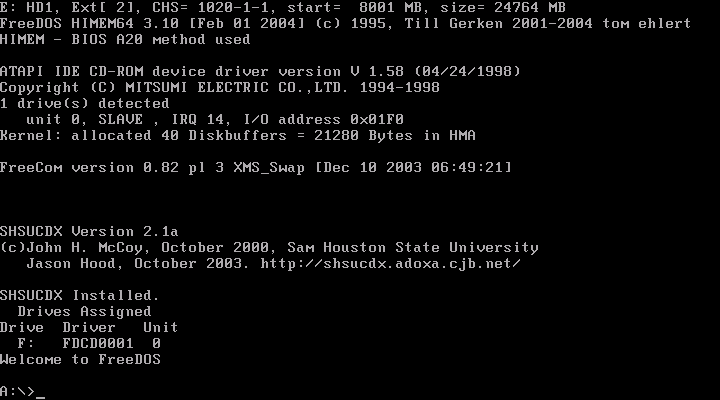Legal Engineering and Brian Leiter
Brian Leiter’s nicely done critique of the current state of empirical legal studies (ELS) has stirred up a neat micro-flurry of comment in the past few weeks. The fascinating ELS project of taking statistical approaches to legal data (see e.g. here) as a way of approaching the system overlaps a bit on what RRH is pursuing in its work. So, it’s worth addressing how we want to do it differently here.
The real question — his first one in the post — that I think is most relevant, goes like this:
First, too much of the work is driven by the existence of a data set, rather than an intellectual or analytical point. But the existence of a data set then permits a display of technical skills, which is satisfying to those with a technical fetish. But for everyone else, the question remains: why does this matter? why should one care? and so on.
He’s right. Despite the awesomely badass work being done, the “big deal problem” is still the elephant in the room for all things having to do with merging quantitative approaches with the law. Why is this worth paying attention to?
It’s the opinion of the senior (robotic) partners here at the firm that the problem definitely isn’t — as some people have claimed — because of the academic quibblings of the political science community at the heart of ELS. And it isn’t either, as Leiter himself mentions, due to the fact that ELS loyalists are less quantitatively sophisticated than they could be (though that’s definitely a valid observation as well).
Instead, the problem has to do with the academic context in which ELS is trying to get involved. Empirical legal studies is trying to use quantitative methods to tackle an essentially non-quantitative discussion, what Leiter calls “the central normative and conceptual questions of legal scholarship and legal education” that undergird the established scholarly community. That’s a fundamental disconnect, and a losing battle to boot.
The real value of empirical work isn’t in tackling the “normative and conceptual.” The real immediate value is practical and positive — modeling the measurable realities of wins, losses, and everything in between. Like baseball statistics before the Oakland A’s — research has accumulated a huge gold mine of potential applications and insights, but currently lacks a community of tools and practitioners to deploy them. We need more of an engineering outlook: people experimenting with the models that have emerged from ELS and using quantitative methods to creatively design applied solutions to measurable questions and problems.


